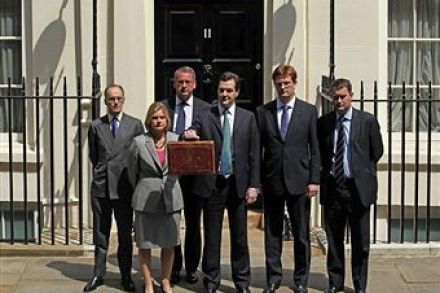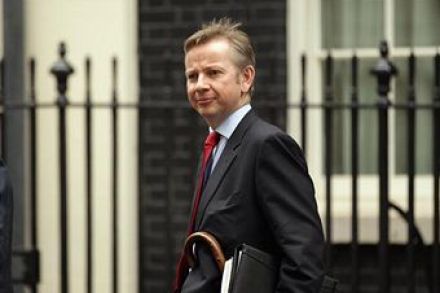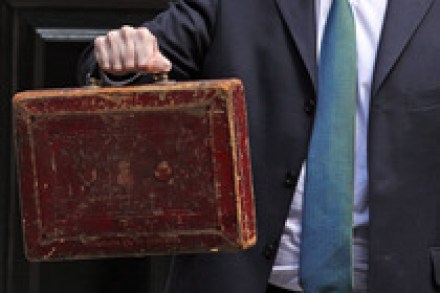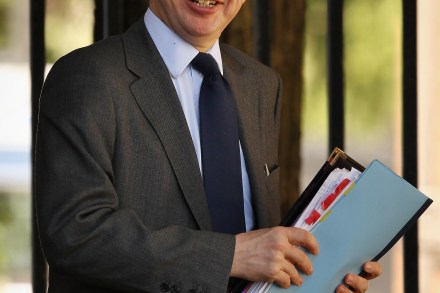The education battle opens
Michael Gove has announced that 32 schools will open as Academies at the start of the new term. More schools are set to open over the next academic year, but it is a disappointing figure. However, it could’ve been worse – I’ve heard rumours that as few as 10 schools would adopt Gove’s reforms. The figure of 32 is at the upper limit of recent estimates knocking around Westminster. Disappointing it may be, but slow progress is unsurprising. These are radical steps and teachers are hesitant in the face of change. Blair’s original academy reforms were frustrated in part by teachers and governors eager to preserve the status quo. However,



















